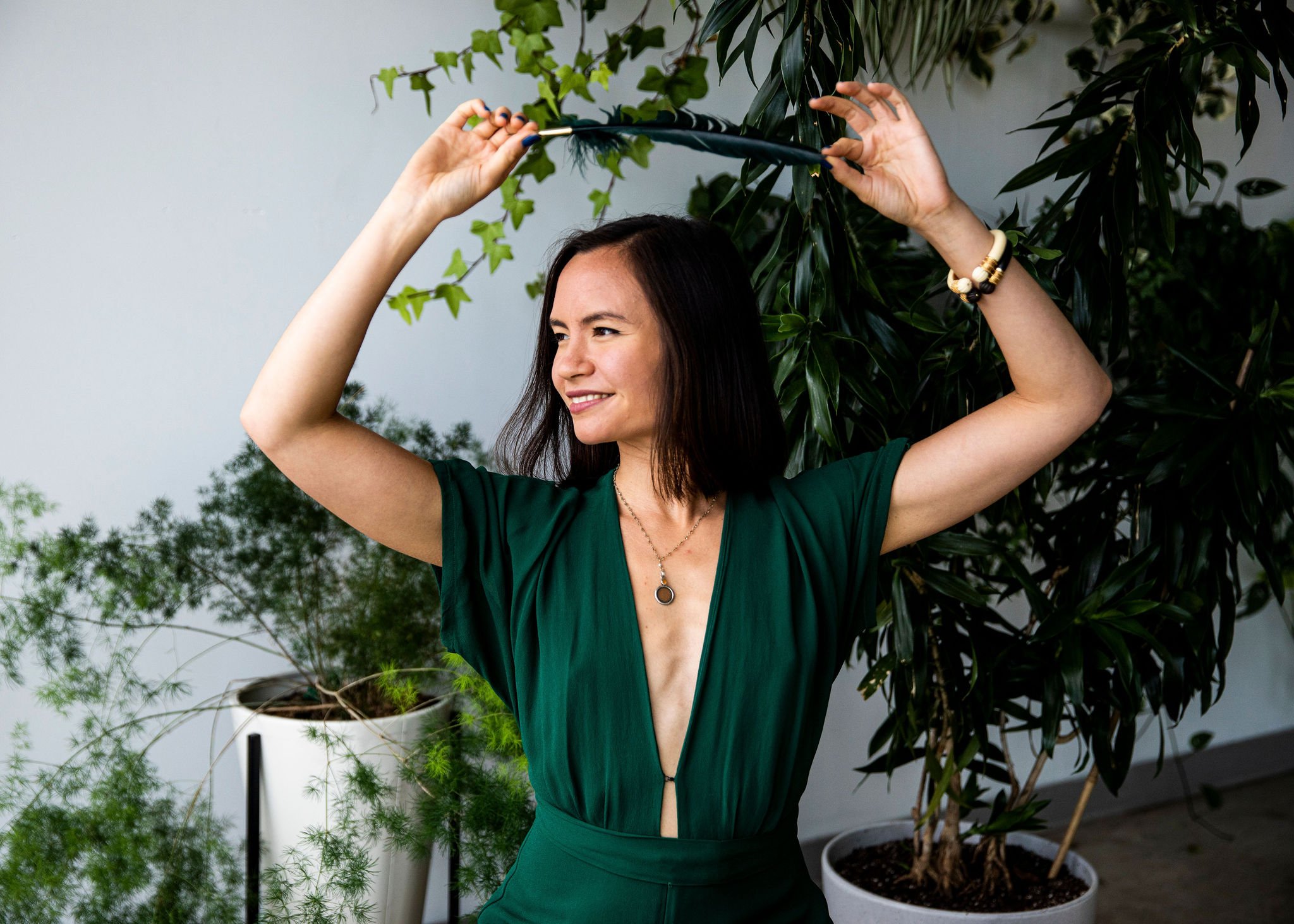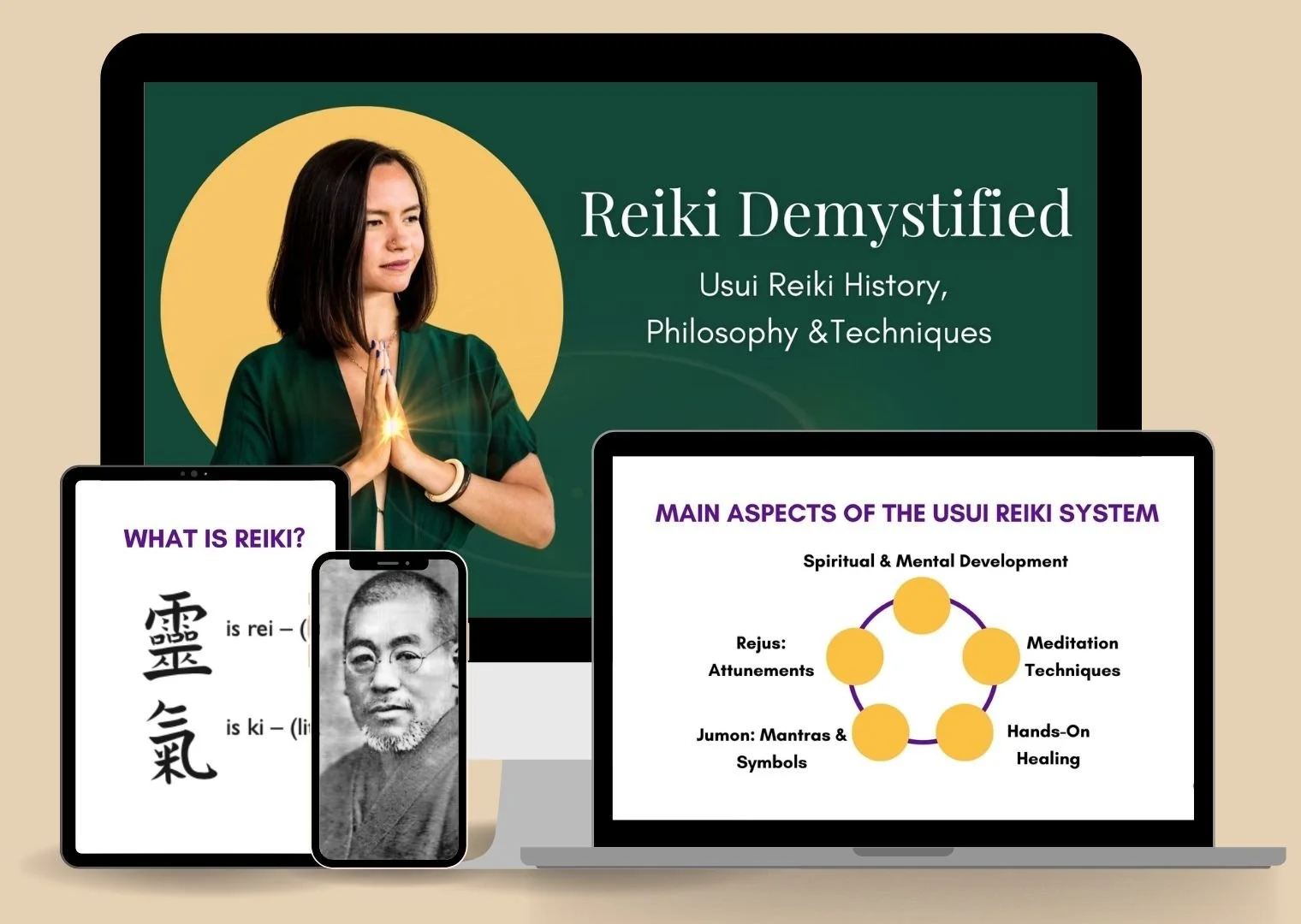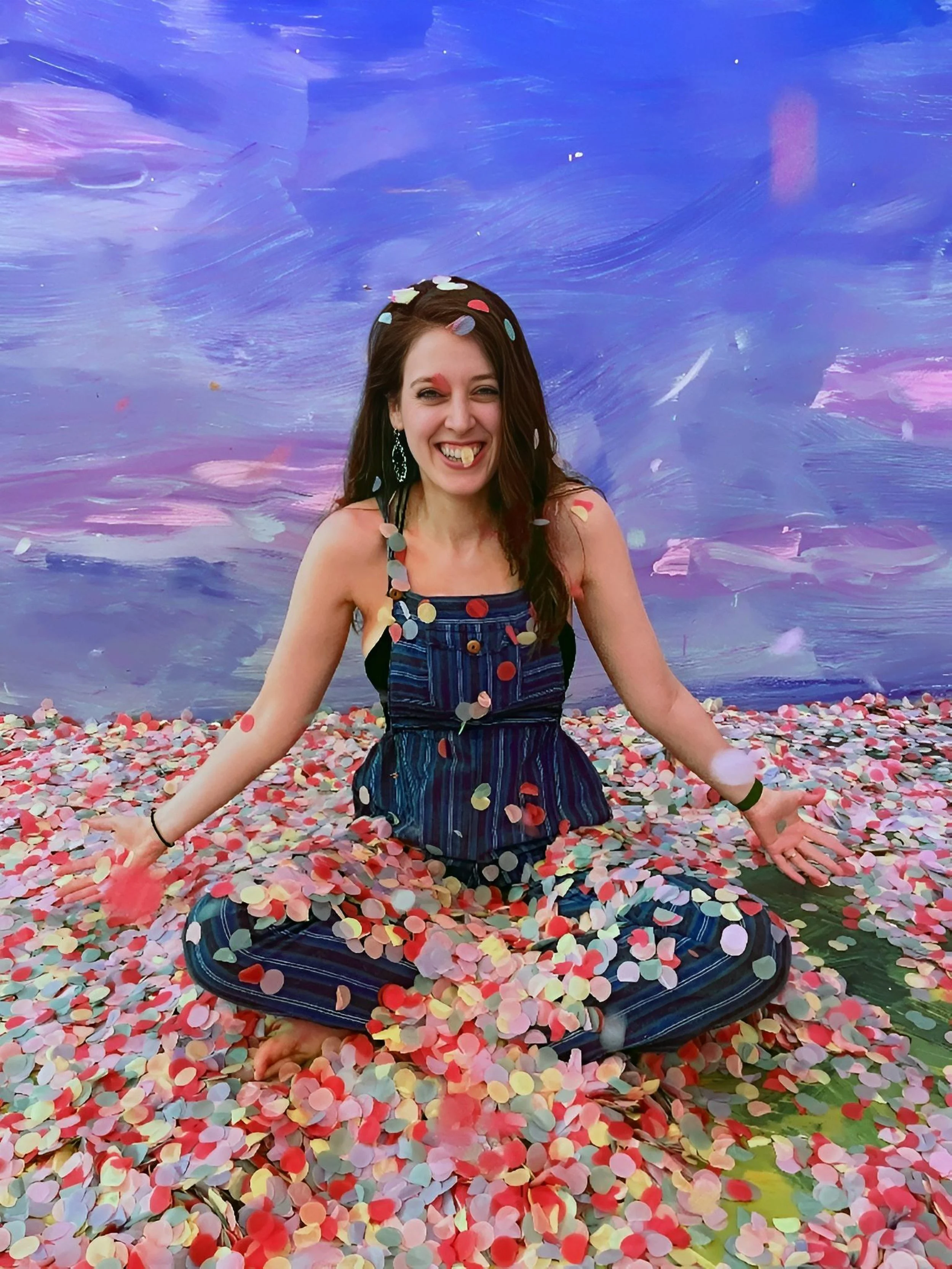
“Your first and foremost job as a leader is to take charge of your own energy”
-Bob Proctor
What is Reiki?
Reiki means “universal source energy” in Japanese. There are many forms of energy work and energy healing, but here Reiki refers to a specific system of philosophy and set of techniques taught by Mikao Usui in early 1900s Japan.
Contrary to popular belief, Reiki is not an “ancient” system. It draws inspiration from the spiritual inheritance of Japan, which includes Buddhism, Shintoism (indigenous shamanic traditions), martial arts and more. Drawing on this rich cultural heritage, the system of Reiki was articulated by Mikao Usui within the specific context of secular, industrializing Japanese society.
Reiki is not just a practice for healing others, useful to those only interested in pursuing work in the healing arts. In fact, Reiki is a powerful package of practices for mastering your own energy. It is a secular, practical set of tools for self-development.
Whether you are a business leader, a teacher, a care-giver or facilitator of any kind, practicing Reiki will enhance your ability to lead groups with calm and clarity, make decisions under pressure and generate positive uplifting energy that will motivate those around you.
Questions about Reiki?
Check out Reiki Demystified: a self-guided interactive workshop to introduce you to Reiki and get all your Reiki questions answered.
You'll walk away with:
The brief history of Reiki and how the cultural, political and social context of late 1800s Japan influenced its development
An overview of the different Reiki lineages and traditions
A simple Reiki technique you can use right away to feel more grounded and balanced
Understand what to look for in a Reiki training and teacher
PLUS the most common Reiki myths debunked!
Taylor Rose, Reiki Practitioner & Actor
“Mallory provides so much more than just a class. She is so intentional about giving her students an in depth, intimate understanding of Reiki, while fostering community with her students. Since I began working with Mallory, my self-Reiki practice has become so much deeper and more fulfilling, and this has directly impacted the quality of the treatments I give my clients. I’m more embodied, confident, and most importantly, I now have a community of practitioners to learn and grow with.”
Your Journey: The Path of Reiki
Reiki is taught by initiation, i.e., the knowledge and practices are passed on directly from teacher to student. Your Reiki initiation will involve a series of “rejus” or “energetic blessings” that activate or attune your awareness of subtle energy.
There are 3 primary stages in your Reiki journey:
Reiki Level 1 - work on self-awareness, self-healing and rebalancing your own energy
Reiki Level 2 - learn how to work with others and give energy healing sessions
Reiki Level 3 - learn how to give rejus and teach the system of Reiki
Each initiation is followed by a 21-Day Integration period where you commit to practice the techniques and meditations every day. It is also recommended that you refrain from drugs and alcohol, and eat a clean, vegetarian diet during this time.
Community Reiki Share
Community Reiki Share
Join the Firefly Society Reiki community for an evening of Reiki practice and togetherness. As practitioners, we are often giving to others and it is important to make space to receive and connect to our own practice.
About Your Guide
👋 Hi, I’m Mallory Combemale
If you’d told me years ago that I’d be teaching Reiki, I would have laughed out loud. As a practical, ambitious high achiever, I had no room for concepts like “universal spiritual energy”.
Then I fell in love… with a Reiki teacher (!) and everything changed.
When I experienced Reiki, I couldn’t deny it’s power. Since then, Reiki has become a core part of how I live and lead, helping me heal from disordered eating, chronic health issues, and extreme burnout.
I received my Reiki Level 3 (Master Level) in 2016 and have been teaching Usui Reiki Ryoho since 2020.
I’m passionate about teaching Reiki in a way that’s historically accurate, culturally respectful, and free from New Age distortions. I love exploring how Eastern spiritual traditions connect with modern neuroscience, trauma healing, and the human nervous system, and making that wisdom practical for real life.
In addition to Reiki, I’ve taught breathwork, meditation, and yoga for over a decade and received hundreds of hours of training in the healing arts.
I’m also a professional facilitator, conflict resolution mediator, and former Deloitte consultant — so I bring a grounded, no-BS lens to everything I do.
Oh, and I really love dancing. And trees ☺️
Devin Karbowicz, Life Coach
“Mallory’s passion for Usui Reiki is contagious. She has a deep connection to this lineage and brought a lot of attention and care to the teaching process. The course structure provided plenty of time to ask questions and integrate the practices into our daily lives. The classes felt more like community gatherings, which was a fun and memorable way to learn!”
FAQs
-
Reiki means “universal source energy” in Japanese. There are many forms of energy work and energy healing with origins in cultures all around the world. Reiki is a system of philosophy and a set of techniques taught by Mikao Usui in late 1800s Japan.
-
Reiki is considered a spiritual lineage, because the knowledge and practices are transmitted from student to teacher in an unbroken chain. The Reiki Usui Ryoho lineage is closest to the original Japanese teachings, as taught by the Mikao Usui, the creator of the Reiki system. It focuses on Reiki as a personal path of spiritual and self-development.
Most Reiki teachers in the West teach Usui Shiki Ryoho, which is the name of the system of Reiki taught by Hawayo Takata in Hawaii and the US in the 1970s.




